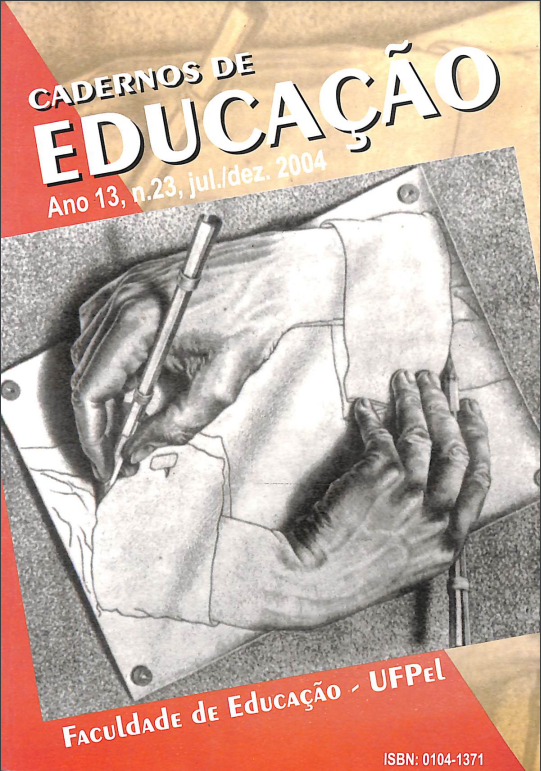Investigación educativa, sujetos, gramáticas y ecologías. Apertura al conocimiento de los sujetos y de los universos posibles
Resumo
El artículo bosqueja un estilo de investigación educativa que tenga la capacidad para plantearse el problema del movimiento en la realidad y de la realidad, y de recuperar a la vez al sujeto en movimiento para dar cuenta del cambio de la realidad. Para ello se proponen unas estrategias y ámbitos en los que los sujetos puedan superar las formas tradicionales de comprender, de acercar la teoría a la práctica, sabiendo que este movimiento no va a erradicar la incertidumbre, máxime cuando estos son movimientos innovadores que llevan a problematizar e interrogar las certezas. Se sugieren cuatro movimientos que tienen sus implicaciones en los campos teórico, metodológico y operativo. Los desplazamientos son: Pasar de las plataformas teóricas como puntos de partida y de llegada, a ecologías de investigación; Pasar de la ley, de la norma, de los manuales, del canon investigativo, a las gramáticas que describan y expresen la experiencia reflexionada; Moverse de postulados homogeinizantes y homologadores que impiden miradas desde la diferencia; Traspasar la neutralidad valórica y asumir el principio ético que retoma la centralidad de los sujetos sobre los objetos y los medios utilizados en la investigación. Palabras clave: investigación educativa, ecologías de investigación, Sujetos, Construcción de conocimiento. Educative investigation, subjects, grammars, and ecologies. An opening to get to know the subjects and the possible universes AbstractThis article tries a style of educative investigation which is able to state the problem of movement in reality, and of reality, besides recovering, at the same time, the subject who is in motion, in order to take the change of reality into consideration. To do that, I propose strategies and situations in which the subjects can overcome the traditional ways of understanding, of joining theory and practice together. They will know that such movement will not eliminate uncertainties, mainly when it is an innovative movement that aims at problematizing and questioning certainties. Four movements that have their implications in the theoretical, methodological and operative fields are suggested. The movements are: Move from theoretical platforms that are arrival and departure points, to investigation ecologies; Move from the law, the norm, the manuals, the investigative pattern, to grammars that describe and express the experience upon which reflection was carried out; Get away from homogenizing and imposed postulates that hinder looks at the difference; Go beyond value neutrality and take on the ethical principle that emphasizes centrality of the subjects over the objects and the means used in the investigation. Key-words: Educative Investigation, Investigation Ecologies, Subjects, Construction of Knowledge.
Publicado
2012-12-19
Como Citar
Ghiso, A. (2012). Investigación educativa, sujetos, gramáticas y ecologías. Apertura al conocimiento de los sujetos y de los universos posibles. Cadernos De Educação, (23). https://doi.org/10.15210/caduc.v0i23.1833
Edição
Seção
Artigos





